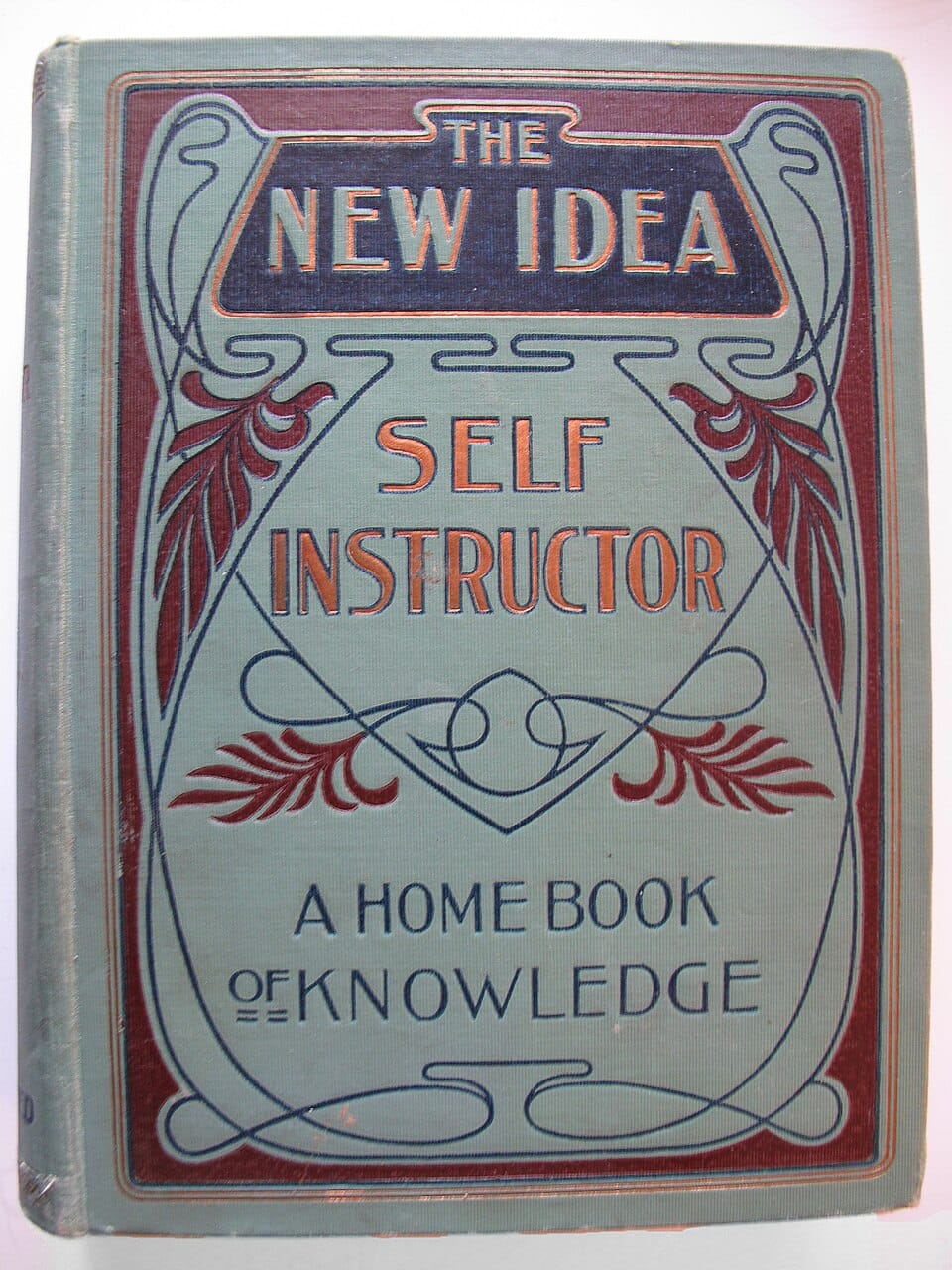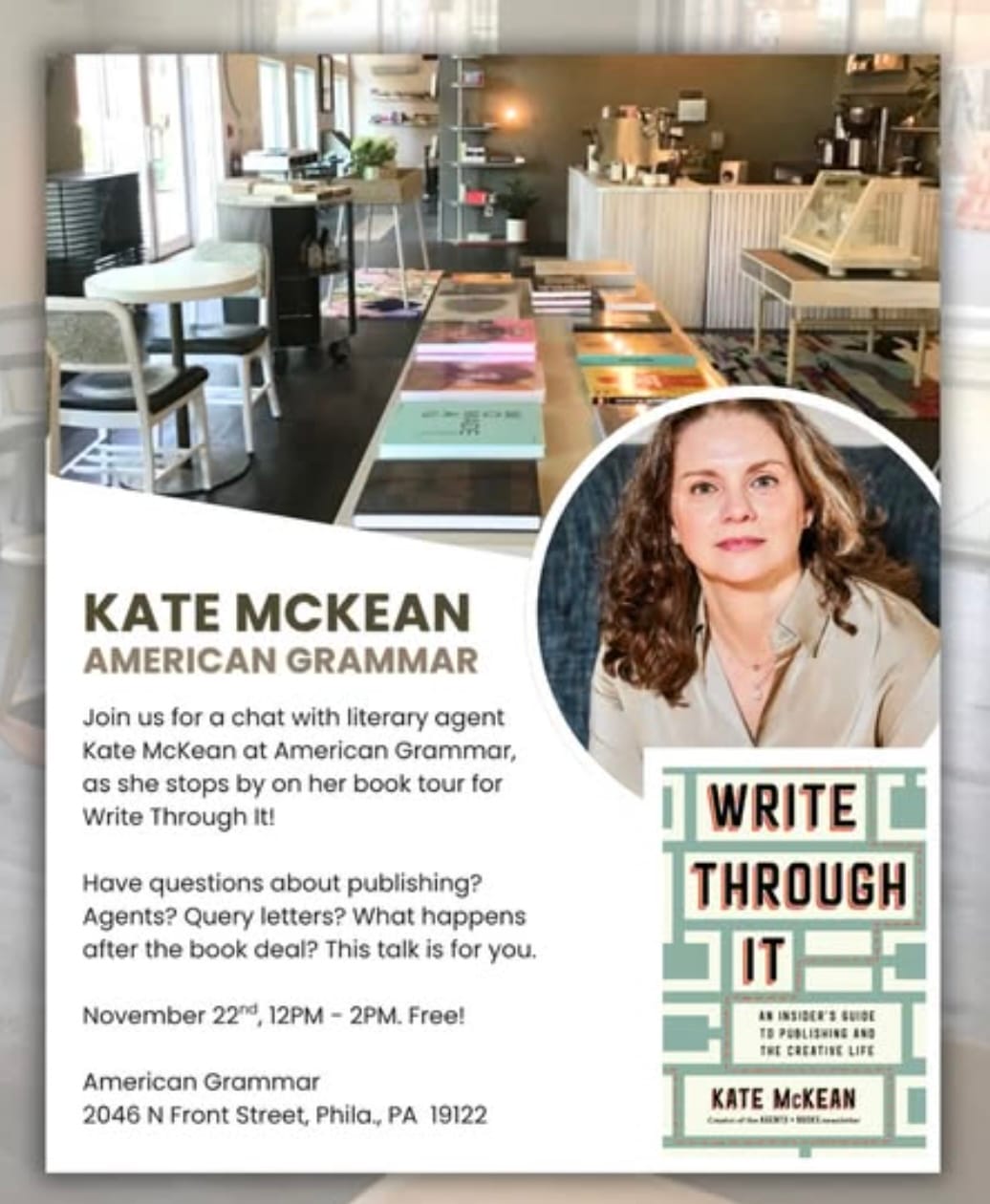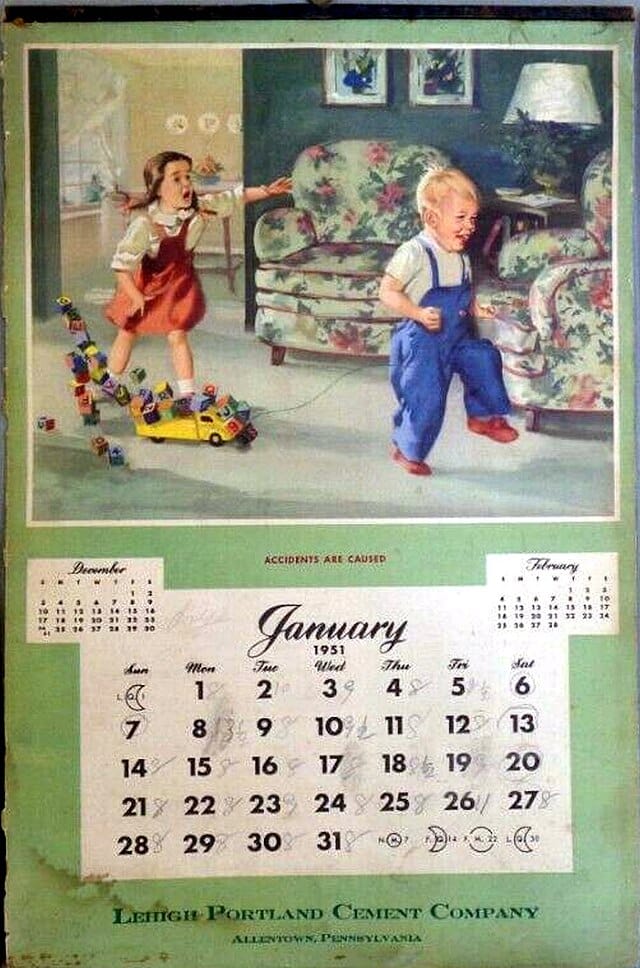How To Be An Author: What's Your Next Book About?

Hi friends!
In our continuing series on How To Be An Author, today I want to talk about IDEAS and how to make them into books. Sort of. Writers have tricky relationship with ideas–whether that means having too many, too few, or paralyzing anxiety about which ones to actually write. Or D: All of the Above. Isn't it great being a writer? Yeah, I think it's swell, too.
When it comes to the topic of book ideas, lots of questions come to mind. Almost every author, published or not, has been asked where do you get your ideas? Almost every author, published or not, has been told by a friend or family member I have so many good ideas. You should write them for me and we'll split the profits. I've also heard from authors many times over the years if the publisher would just tell me what to write, I could do it! And there isn't a writer out there who hasn't gotten 40% into a project and realized there just isn't enough there there to keep the whole thing going. Let's not forget the shiny new idea that tempts you away from your current WIP, especially in the murky middle. (Highly recommend clicking through there. Great header image imho.) We could go deep on all of those topics, but today I want to focus how to pick what your next book will be about.
How To Be an Author
How To Have a Writing Practice Like an Author
How Not To Be a One Hit Wonder Author
Is this your debut book?
The world is your oyster when it's your first book! You don't have a track record and no one knows if your book is going to sell or not–but in a good way! If it's your debut, I say lead with your heart. Take the big swing. Write the thing you've always wanted to write. There's no better time to take risks than when you haven't been published before. If it works, you're golden. If it doesn't, you can come back and try again! Don't write the book you think is a shoo-in (nothing is a sho0-in) so that once you have your foot in the door, you can do whatever you want. It doesn't work that way. In fact, it kinda works the opposite way.
Is it not your debut book?
If this is not your debut book and you have an agent (and if you don't have an agent, talk to your editor), you'll want to have a quick discussion with them about it. Not because your agent has to approve your idea necessarily, but because they likely have insight that will help guide your decision. If your debut is out and a hit, it could be that a follow-up or sequel is the best idea. If your debut isn't out yet, it might be too early to tell, and it could be a better use of your time to work on something else, or just sit tight. If your debut wasn't a hit, talk to your team about the ideas that you do have that go in a slightly different direction. You don't have to PIVOT every time you write a book that doesn't make the NYT best seller list, but depending on your book's performance, it might be advisable to seek greener pastures. Maybe you wrote a romantasy along with everyone and their uncle. Instead of a sequel that could get lost in an already crowded marketplace, what about that idea you had a while back that's still a romance and still has fantasy elements but feels totally different from what's out there right now. That is something people could get excited about. You won't know until you write it (or at least some of it) and honestly your agent or editor doesn't have a crystal ball. You don't have to pivot from romantasy to its polar opposite (uhhh literary fiction about grief?) but doing the same routine probably won't help. Just look at the big picture when planning or second, or otherwise, book.
Is it completely different from your last book?
Maybe your next book is a pivot not to revitalize a flagging track record but because it's just the idea that's demanding to be written right now. That's ok! There are a few things to consider with that, though. First, it might not fulfill your option clause, which is the clause in your contract that gives your publisher the right of first refusal to your next book. Usually, your agent will have made that as narrow as possible, i.e. the option book your publisher gets to see after your contemporary YA novel is...another contemporary YA. If you've written an adult detective mystery, then your YA publisher is not going to be interested in that. That can be a good thing, if you want to try something new, or a bad thing, because you can't build on that YA readership from your first book. What you do in that case will be specific to your circumstances, but the important thing to remember is that success (or failure) in one area doesn't mean that success (or failure) will follow you to another area. You may have written a great MG adventure story but the readers from your successful picture book aren't necessarily going to follow you, even if they're the right age. Think about it with your own reading habits. If your favorite science fiction author wrote a self help book, would you automatically read it? (Ok, maybe out of curiosity because I bet that book would be wild.) But you wouldn't likely unless you're already a regular reader of self help books. Yes, yes, everyone read Stephen King's On Writing (which I am very proud to be next to on the shelf, thanks to the alphabet), but that was because he is STEPHEN KING. When you're Stephen King, you can write whatever you want.
Can I just send my agent a bunch of ideas and have them tell me what to write next?
Guess what, reader. I did that very thing to my agent today! Sort of. I sent him an email about a few ideas I'm chewing on for my next picture book. I both knew what he was going to say and also had fantasies of what I wanted him to say. Of course, I wanted him to say OMG Kate this second idea is perfect! I'm going to email your editor right now and I'm sure she'll have an offer for you in the morning. Now, listen. I know for a fact that he would never say that. I didn't expect him to say that. But that doesn't mean I don't have all the same delusional author-fantasies that everyone else has. Obviously, that scenario would be perfect because A: My idea is perfect right out of the hopper, B: I don't have to write the damn thing first, and C: we're on a fast track to an offer, baby! I know that every client of mine that writes me with a few ideas wants me to respond that way. I know that no agent–my own or myself–is going to do that. What my agent said to me was exactly what I knew he would. He asked me some clarifying questions, mentioned some things we need to see about the picture book that isn't even out yet, and offered some encouraging words in general. If I came right out and asked him which I should do, he'd probably give me his opinion, but he'd also say, and I'd also say to my client, that it depends on how the manuscripts look. Now, picture book manuscripts are much shorter (and sometimes faster to write lol) than full-length novels, so it's possible that I write drafts of both and we see which is closer to working, or that we like more. If I were toying between multiple full-length novel ideas, that wouldn't be possible. The sentiment is the same, though, regardless of length. Sometimes we can't tell what's going to work or not until we see it on the page. It's like a recipe. That cake looks good, but you don't know how it's going to turn out until you bake it.
My next step here, as I decide what to write next, is to...WRITE. I'm going to dip into a few things, see what feels right, and go from there. It might work or it might not. It might take longer than I want, or it might go really fast. This is how it works for everyone, so if you're feeling impatient or stressed that you're running behind (you're not running behind), take a breath and try to relax. The books come as they come. There's no way to do it faster than to get to the writing. Everything you write is useful for your next book, even if it never gets published.
Come see me in Philly this Saturday Nov. 22!!!!!!!

XOXOXOXOXOX,
Kate





Comments ()